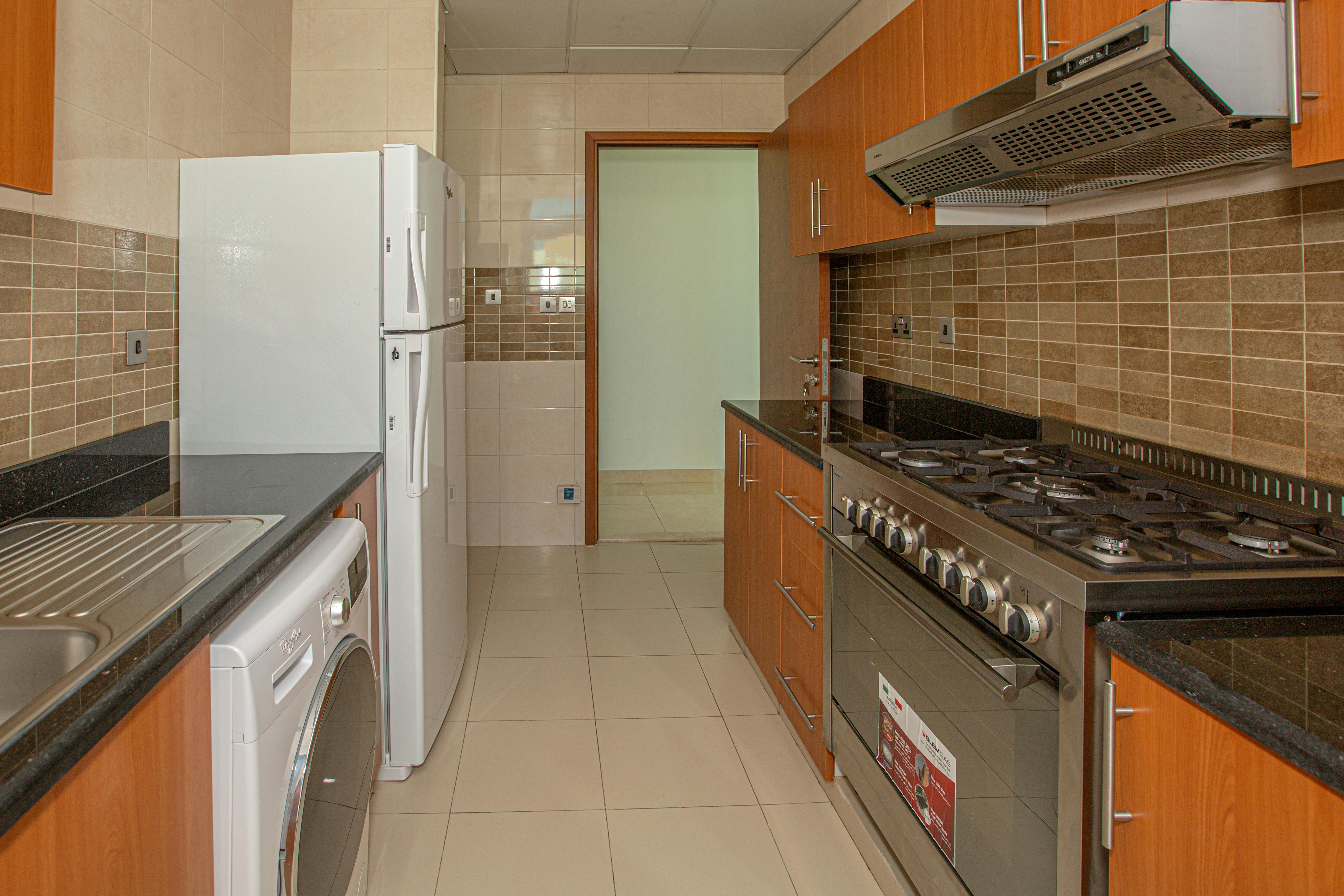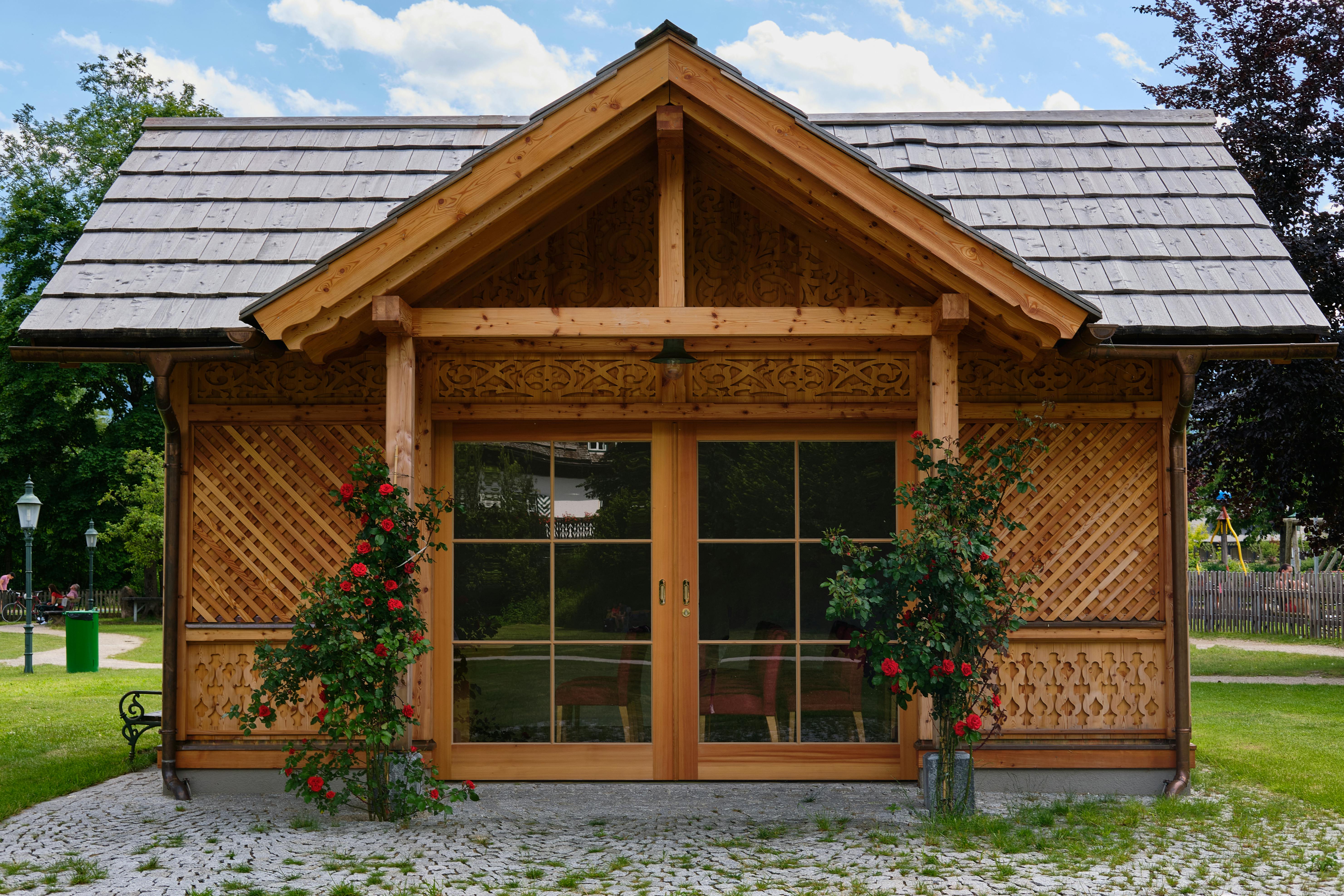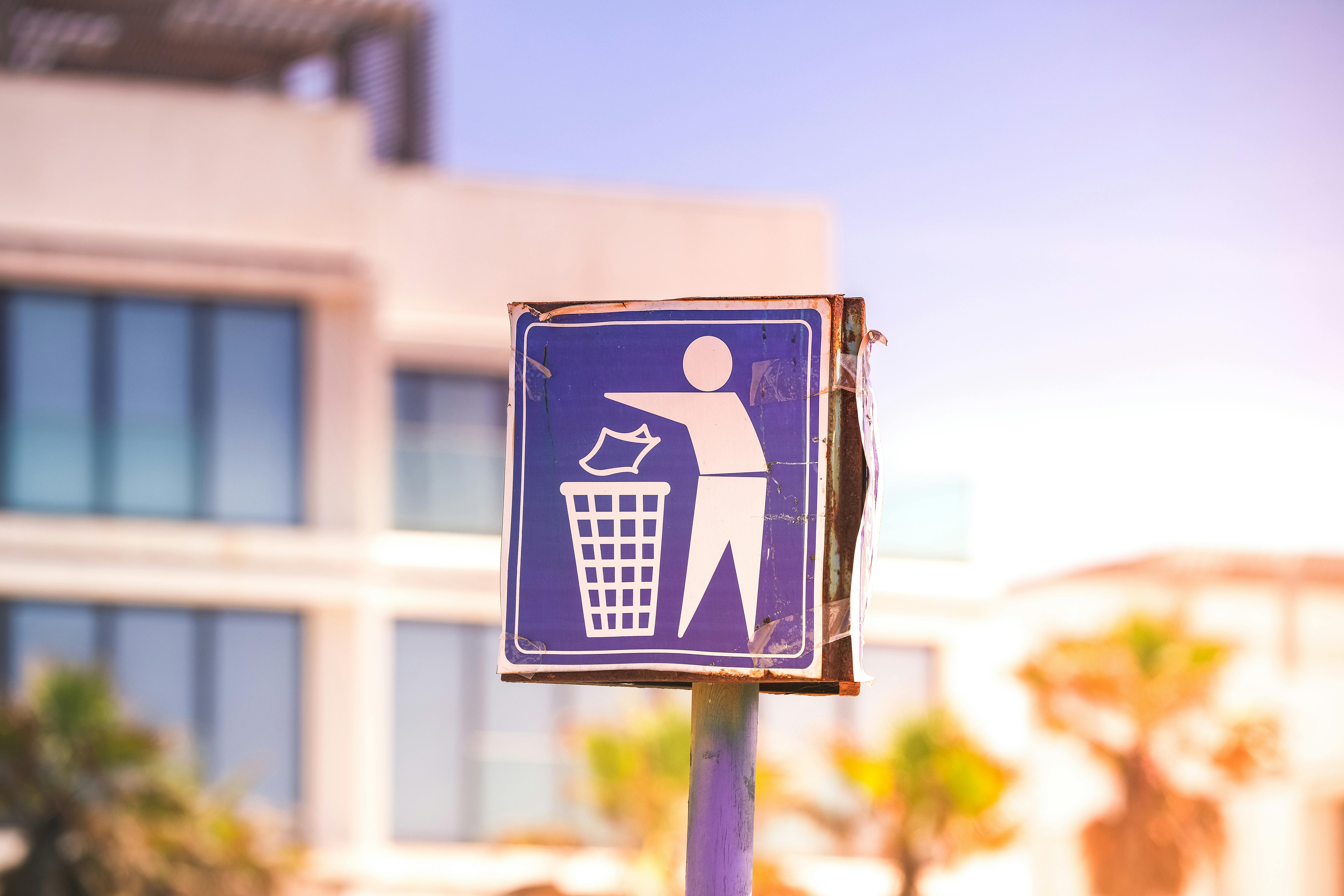More and more insurance companies are offering discounts on health and fitness club memberships in the Dallas and Houston areas and throughout Texas, so it may be a great time to join a health club to stay in shape and continue to improve. your overall health. But be careful. If your health club takes shortcuts when it comes to safety, sanitation, and staff training, you may be putting your health in jeopardy by working there. Now that you know to keep your eyes open, here’s what to expect from a gym:
1. Instruction on the proper use of equipment and facilities.
When you join a health club, someone on the club staff should ask you to complete a medical history questionnaire. If you have a serious health problem (for example, a heart condition or a back problem), the club must ask you to obtain a medical clearance before starting an exercise program. You should also be invited to a new member orientation session, which is usually a one-on-one session to learn club rules and how to properly use exercise equipment. Staff members should also work with you to design an exercise program that meets your needs, taking into account any health problems or physical limitations you may have.
2. Staff members who assess your fitness when starting an exercise program.
Staff members should check in periodically after your initial consultation. Even after you’ve been there for a few months, they should be available to answer questions and teach you proper exercise techniques. This is possible only if there is an adequate instructor-to-member ratio. If there are only a few members of the service staff on duty, they may not be able to provide you with the personal attention you need to exercise safely.
3. Qualified and well-trained personnel.
All staff members should be aware of health and fitness issues and should be trained in CPR and first aid. Additionally, exercise instructors must be certified by a nationally or internationally recognized organization, such as the American Aerobics and Fitness Association or the American College of Sports Medicine.
4. Equipment and facilities are clean and safe to use.
Check the condition of the equipment and the cleanliness of the installation. Although health clubs are required to be licensed by state and / or local governments, there is a possibility that they are not strictly regulated. However, they may be certified by a national organization, such as the International Association of Sports, Racquet and Health Clubs (www.ihrsa.org), which requires members to maintain clean and safe facilities and adhere to a strict code of ethics. . Therefore, dirty changing rooms and broken equipment can sometimes indicate that the club is in financial trouble, especially if the condition within the club has recently worsened. These are signs that your health club is being properly maintained:
* The club must have routine hygiene procedures.
* Members should be instructed to clean machines after use. So look for suitable paper towels and sanitizer spray bottles.
* The facility must be large enough to accommodate members, even during peak periods. Find out if the club limits memberships to keep attendance to a minimum.
* Exercise equipment should be relatively new, not outdated.
* All equipment must be clean and in good repair. Worn or broken equipment can pose a safety hazard.
* Instructions for use must be attached to each machine.
* Mats and floor must be clean and strong enough to protect against injury.
* Showers and locker rooms should look and smell clean, without any visible mold.
* The pool and hot tub should be disinfected regularly. Signs of poor sanitation include pool water burning your eyes or foam in the hot tub.
* The rules of use must be posted in the pool or jacuzzi area.
* First aid kits should be well stocked and easily accessible to both staff and members.
5. Adequate security in and around the club.
Health clubs often post signs warning members not to leave valuables in their lockers. Because lockers are notoriously easy to pry open, petty thieves often attack them. This doesn’t necessarily mean that the gym has lax security, but it does mean that you need to find out if the gym is going the extra mile to protect you and your belongings. Determine if your club has:
* Security measures in place to ensure that only members or their guests can enter or exit the building, such as membership cards, surveillance cameras, or doors.
* Well lit parking areas.
* Security guards, if the area is especially dangerous.
* A well-attended child care center, if the health club offers child care.
If you notice that your health club is not as clean or safe as it should be, talk to the club director. If your concerns are not resolved or if there are serious health violations, contact the local or state authority responsible for monitoring business or health practices in your area, such as the Texas Attorney General’s office or your city’s Department of Health.




